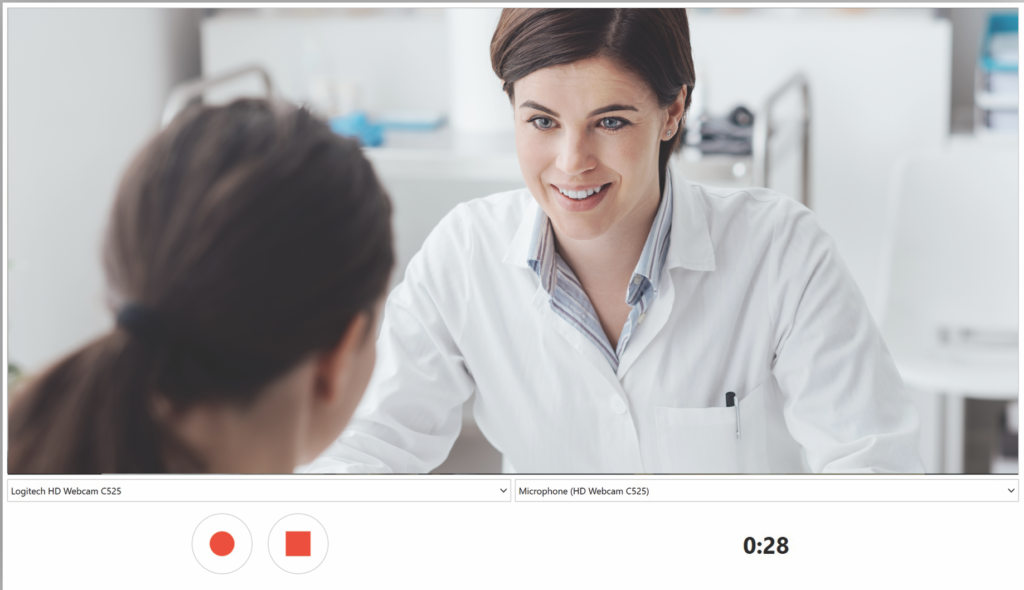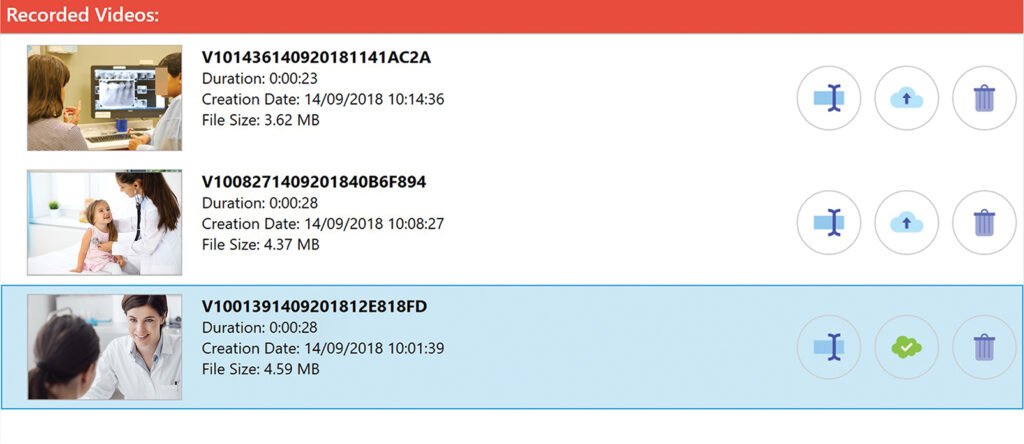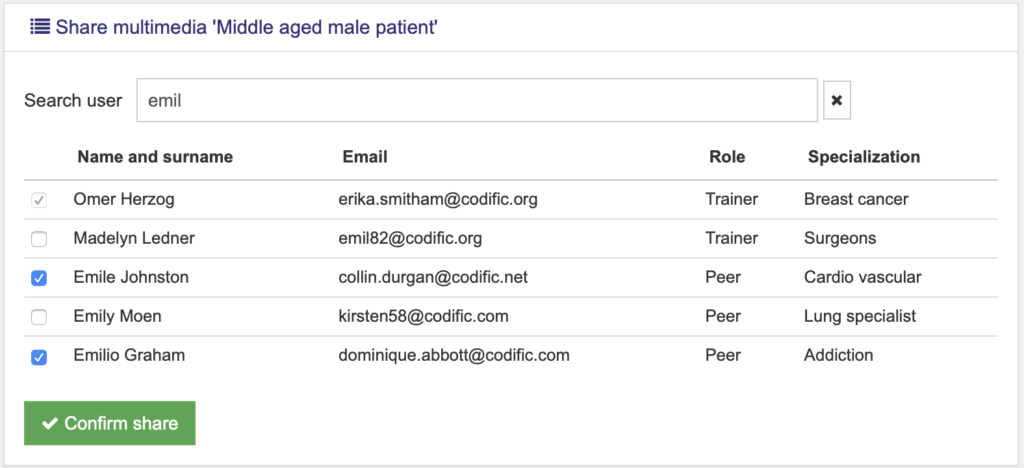“In a controlled study, 80% of the trainees using Videolab have reported improvement in communication skills.”
Excellent patient physician communication is paramount during medical encounters. Patient Physician communication skills are an essential physician competency. However, patients report that many of their informational and emotional needs remain unmet during encounters with physicians. Turns out training in patient physician communication and other interpersonal skills in medical education is relatively brief, focused early on in the curriculum and typically not reinforced in the latter stages of training. The decline in the ability to communicate effectively as trainees progress through medical education is well documented across multiple studies [1], [2].
Studies have presented impressive literary evidence supporting positive associations between effective patient physician communication skills and positive patient outcome metrics such as patient recall, understanding and adherence to therapy [3]. The delivery of bad news, patient centred care and joint decision making are some of the key topics in communication training.
Having said that...
How to improve patient physician communication?
Regular and consistent feedback has been proven to reinforce best practices and motivated learners towards improved performance. Direct observations and feedback has the potential to empower learners with a powerful tool to stay informed on their progress towards effective patient physician communication skills.
Videolab is a tool that facilitates training in patient physician communication skills by emphasising peer and trainer reviews of real-life patient consultations.
Record and upload patient consults securely.


Select peers and trainers to share the consults with.


Videolab allows caregivers to ask and receive targeted feedback on their soft skills from both peers and trainers. Using a variety of methods - such as free-text comments and time-annotated video fragments - Videolab helps focus on specific moments within patient consultations for more precise feedback.
[1] Bombeke, K., Roosbroeck, S. V., Winter, B. D., Debaene, L., Schol, S., Hal, G. V., & Royen, P. V. (2011). Medical students trained in communication skills show a decline in patient-centred attitudes: An observational study comparing two cohorts during clinical clerkships. Patient Education and Counseling, 84(3), 310–318. doi: 10.1016/j.pec.2011.03.007
[2] Pfeiffer, C., Madray, H., Ardolino, A., & Willms, J. (1998). The rise and fall of students skill in obtaining a medical history. Medical Education, 32(3), 283–288. doi: 10.1046/j.1365-2923.1998.00222.x
[3] King, A., & Hoppe, R. B. (2013). “Best Practice” for Patient-Centered Communication: A Narrative Review. Journal of Graduate Medical Education, 5(3), 385–393. doi: 10.4300/jgme-d-13-00072.1
